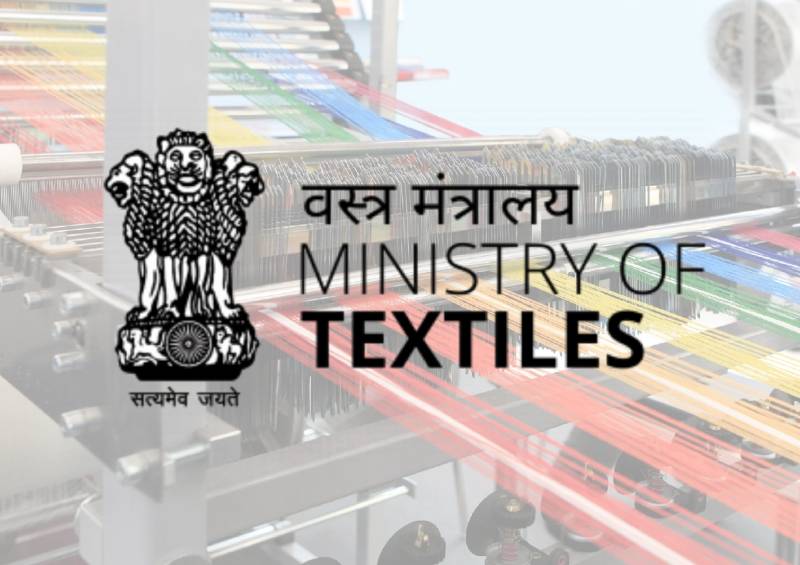
In a dynamic showcase of India's textile prowess, Yogesh Kansal, Additional Secretary of the Ministry of Textiles, addressed in one of the knowledge sessions during Bharat Tex 2025, an event that has a global audience from 120+ nations, alongside 5,000+ exhibitors. This event underscored the Ministry's commitment to transforming India into a dominant force in the global textile landscape.
A three-pronged strategy for growth
Kansal articulated the Ministry's three-pronged strategy: bolstering trade, attracting investment, and strengthening the domestic market. He emphasized India's position as a leading textile and apparel exporter, setting an ambitious target to more than double export figures within the next five years. The palpable enthusiasm at the exhibition signaled strong potential for achieving this goal.
India's unique textile ecosystem
India's textile ecosystem, uniquely encompassing the entire value chain from raw fiber to finished garment, was highlighted as a key strength. "We export raw cotton, fabrics, and designs," Kansal stated, emphasizing India's comprehensive capabilities. With a rich, five-millennia-long textile heritage, India consistently ranks among the world's top five nations in key textile metrics, including apparel exports and the overall scale of its textile sector.
Balancing domestic demand and global exports
The Ministry recognizes the importance of a robust domestic market, which is experiencing impressive annual growth of 7-8 per cent. This dual focus on domestic consumption and export markets strategically positions India for global success. "We are home not just to natural fibers but also to man-made fibers," Kansal added, showcasing the breadth and depth of India's textile production capacity.
Supportive government policies and stable macroeconomic conditions
Government stability and supportive policies are crucial enablers of this growth. Kansal emphasized the stable political environment, low inflation, and favorable macroeconomic conditions that contribute to India's journey towards a $5 trillion economy. He showcased key Ministry initiatives, including the PM Mitra scheme and the National Technical Textile Mission, designed to enhance the competitiveness of the Indian textile industry.
Incentives and Support Mechanisms for Stakeholders
Kansal proactively engaged stakeholders, outlining the extensive range of subsidies and support mechanisms available at both central and state government levels. He explained the synergistic approach, noting, "If the federal policy is supporting a Mitra park, the state-level policy is providing direct capital subsidies and other incentives to reduce manufacturing costs," demonstrating a coordinated effort to optimize support for the sector.
A vision for long-term global leadership
The Ministry of Textiles' vision extends beyond mere economic growth; it is about crafting a narrative of resilience, innovation, and collaborative partnerships. With strong government support and a thriving textile ecosystem, India is poised to make significant strides on the world stage, solidifying its position as a vital player in the international textile market for generations to come.












